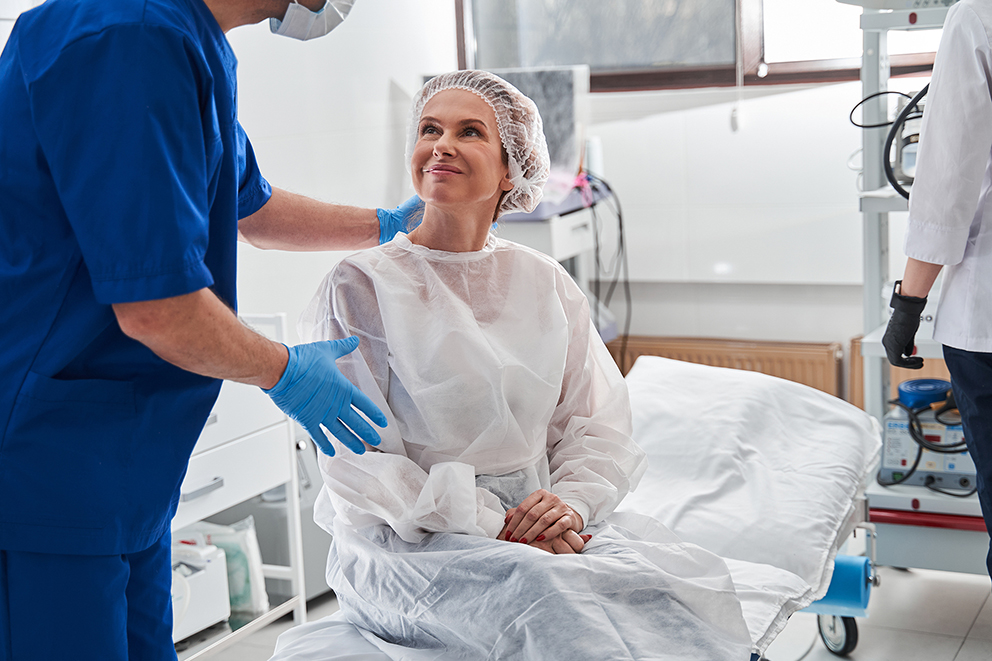Patients
We understand that patients may have a lot of questions when it comes to anesthesia. From wondering when to stop eating before a procedure to help with paying your bill, we are here to assist.



Our Guarantee for You
Top quality patient care
Delivering the best patient care is our number one priority at Premier Anesthesia. We only work with qualified and well-respected providers in the anesthesia field who always put safety first.
Types of anesthesia
There are three main types of anesthesia: local, regional, and general, and your anesthesia provider and surgeon will determine which type of anesthesia is the best choice for you, depending on the type of procedure you are having.
The risks of anesthesia
All operations and all anesthesia have some risks, and they are dependent upon many factors, including the type of surgery and the patient's medical condition. Fortunately, adverse events are very rare, and anesthesiologists take precautions to prevent mishaps.
Planning for your procedure
Your medical team will ask for your health history, including all medications you are taking. It is vital to keep your physician aware of any health changes beforehand, as some conditions may cause the surgery to be rescheduled. Lastly, patients should arrange transportation after the procedure and have someone stay with them for at least 24 hours.
Anesthesia based on location
There is a fundamental difference between office-based, hospital, and ambulatory surgery center anesthesia. The strict, well-defined standards and regulations around anesthesia that keep surgery at hospitals and ambulatory surgery centers extremely safe do not uniformly apply to all physician offices in the United States.
FAQ
Some medications should be taken, and others should not, including herbal medicines and other dietary supplements. It is important to discuss this with your anesthesiologist. Do not interrupt medications unless your anesthesiologist or surgeon recommends it.
As a general rule, you should not eat or drink anything after midnight before your surgery. In certain cases, you may be given permission by your anesthesiologist to drink clear liquids (up to a few hours before your procedure).
The bottom line is to quit smoking now. Your surgery represents a golden opportunity to do so. There is evidence that smokers who quit at or before surgery experience fewer nicotine withdrawal symptoms and are more likely to succeed in their attempt to stop smoking long term.
Before returning to work or any strenuous activity, it is important to speak with your doctor. Patients should also not drive if they are feeling drowsy, drink alcoholic beverages, or make important life decisions for at least 12 to 24 hours.
You should take time to rest for at least 24 hours after a procedure. Feeling tired is entirely normal, as anesthesia recovery can take hours or even days. Some patients report that they experience a loss of appetite, a sore or scratchy throat, and bruising at the IV site. However, if symptoms persist or become worse, contact your physician.